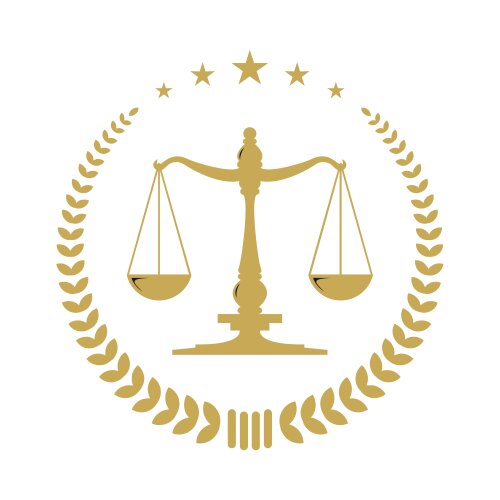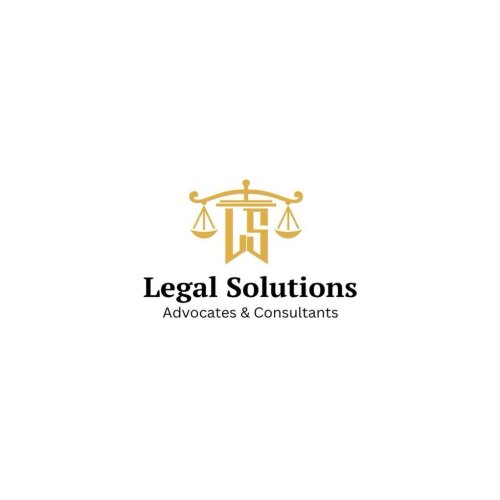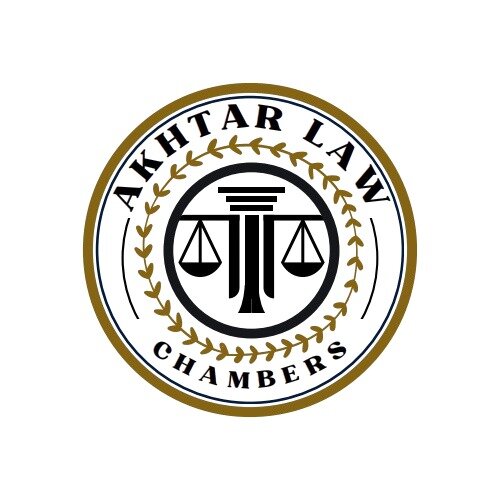Best E-commerce & Internet Law Lawyers in Pakistan
Share your needs with us, get contacted by law firms.
Free. Takes 2 min.
Or refine your search by selecting a city:
List of the best lawyers in Pakistan
About E-commerce & Internet Law in Pakistan
E-commerce and internet law in Pakistan is a dynamic field that governs the legal issues related to online business activities and digital transactions. It encompasses a wide range of topics, including online contract formation, electronic signatures, data protection, privacy, consumer protection, and intellectual property. With the rapid growth of internet usage and online shopping in the country, understanding these laws is crucial for businesses and consumers alike to ensure compliance and protect their rights.
Why You May Need a Lawyer
There are several scenarios in which individuals or businesses might need legal assistance in the field of E-commerce & Internet Law:
- Contract Disputes: Any disagreements over the terms and conditions of online agreements or breaches of contract.
- Data Protection and Privacy Issues: Navigating the complexities of personal data protection laws and handling data breaches.
- Consumer Rights Violations: Issues related to consumer protection, such as false advertising or unfair trade practices.
- Intellectual Property Infringement: Protecting or defending against unauthorized use of online content, trademarks, or copyrights.
- Compliance and Licensing: Ensuring online businesses comply with relevant Pakistani regulations and obtain necessary licenses.
Local Laws Overview
The following are key aspects of local laws relevant to E-commerce and Internet Law in Pakistan:
- Electronic Transactions Ordinance, 2002: This law facilitates e-commerce by recognizing the legality of electronic documents and digital signatures.
- Prevention of Electronic Crimes Act, 2016 (PECA): Provides the legal framework for tackling cybercrimes and maintaining cybersecurity.
- Pakistan Telecommunication (Re-Organization) Act, 1996: Governs the telecommunication sector, impacting internet service provision.
- Consumer Protection Laws: Vary by province but generally protect the rights of consumers engaging in online transactions.
- Data Protection Legislation: While comprehensive data protection laws are evolving, existing regulations emphasize consumer privacy and data security.
Frequently Asked Questions
1. Are online contracts legally enforceable in Pakistan?
Yes, under the Electronic Transactions Ordinance, 2002, electronic contracts are legally recognized and enforceable in Pakistan.
2. What are my rights as an online consumer in Pakistan?
Consumers have the right to receive goods and services as described, to be informed about products, and to redress if necessary under provincial consumer protection laws.
3. How can I protect my intellectual property online?
Registering trademarks, copyrights, and patents can help protect intellectual property. Also, employing digital measures and monitoring platforms to detect infringements is recommended.
4. What should I do if there's a data breach affecting my business?
Notify affected individuals, assess the breach, secure your systems, and consult with legal professionals to understand obligations under data protection regulations.
5. Is it necessary to have a privacy policy for my e-commerce website?
Yes, a privacy policy informs users about how their data is collected, used, and protected, fostering trust and ensuring compliance with data protection standards.
6. How do I resolve a dispute with a customer regarding an online transaction?
First, try to resolve it amicably through communication. If that fails, legal intervention may be needed, particularly if consumer rights laws are breached.
7. What are the penalties for cybercrime in Pakistan?
Under PECA, penalties vary depending on the offense, ranging from fines to imprisonment for serious crimes such as hacking and identity theft.
8. Do I need a license to operate an e-commerce store in Pakistan?
While a specific e-commerce license is not required, businesses must comply with general business registration and taxation requirements.
9. Can I use an online payment gateway safely in Pakistan?
Yes, using reputable and secure payment gateways is safe and common practice. Ensure compliance with local and international security standards.
10. How does one report online fraud in Pakistan?
Online fraud can be reported to the Cyber Crime Wing of the Federal Investigation Agency (FIA) for investigation and potential legal actions.
Additional Resources
The following resources can be helpful for anyone seeking legal advice in E-commerce & Internet Law:
- Federal Investigation Agency (FIA): Handles cybercrimes and has a dedicated Cyber Crime Wing.
- Pakistan Telecommunication Authority (PTA): Regulates the telecommunication and internet sectors.
- Provincial Consumer Protection Councils: Protect consumer rights across different provinces.
- Legal Firms Specializing in E-commerce: Provide expertise in navigating complex e-commerce and internet law issues.
Next Steps
If you need legal assistance in E-commerce & Internet Law in Pakistan, consider the following steps:
- Research: Start by researching and understanding the specific legal issue you're facing.
- Consultation: Schedule a consultation with a lawyer specializing in E-commerce & Internet Law for personalized advice.
- Document Preparation: Gather all relevant documents, contracts, and evidence related to your case.
- Legal Strategy: Work with your lawyer to develop a legal strategy that protects your interests and resolves your issue effectively.
Lawzana helps you find the best lawyers and law firms in Pakistan through a curated and pre-screened list of qualified legal professionals. Our platform offers rankings and detailed profiles of attorneys and law firms, allowing you to compare based on practice areas, including E-commerce & Internet Law, experience, and client feedback.
Each profile includes a description of the firm's areas of practice, client reviews, team members and partners, year of establishment, spoken languages, office locations, contact information, social media presence, and any published articles or resources. Most firms on our platform speak English and are experienced in both local and international legal matters.
Get a quote from top-rated law firms in Pakistan — quickly, securely, and without unnecessary hassle.
Disclaimer:
The information provided on this page is for general informational purposes only and does not constitute legal advice. While we strive to ensure the accuracy and relevance of the content, legal information may change over time, and interpretations of the law can vary. You should always consult with a qualified legal professional for advice specific to your situation.
We disclaim all liability for actions taken or not taken based on the content of this page. If you believe any information is incorrect or outdated, please contact us, and we will review and update it where appropriate.
Browse e-commerce & internet law law firms by city in Pakistan
Refine your search by selecting a city.

















